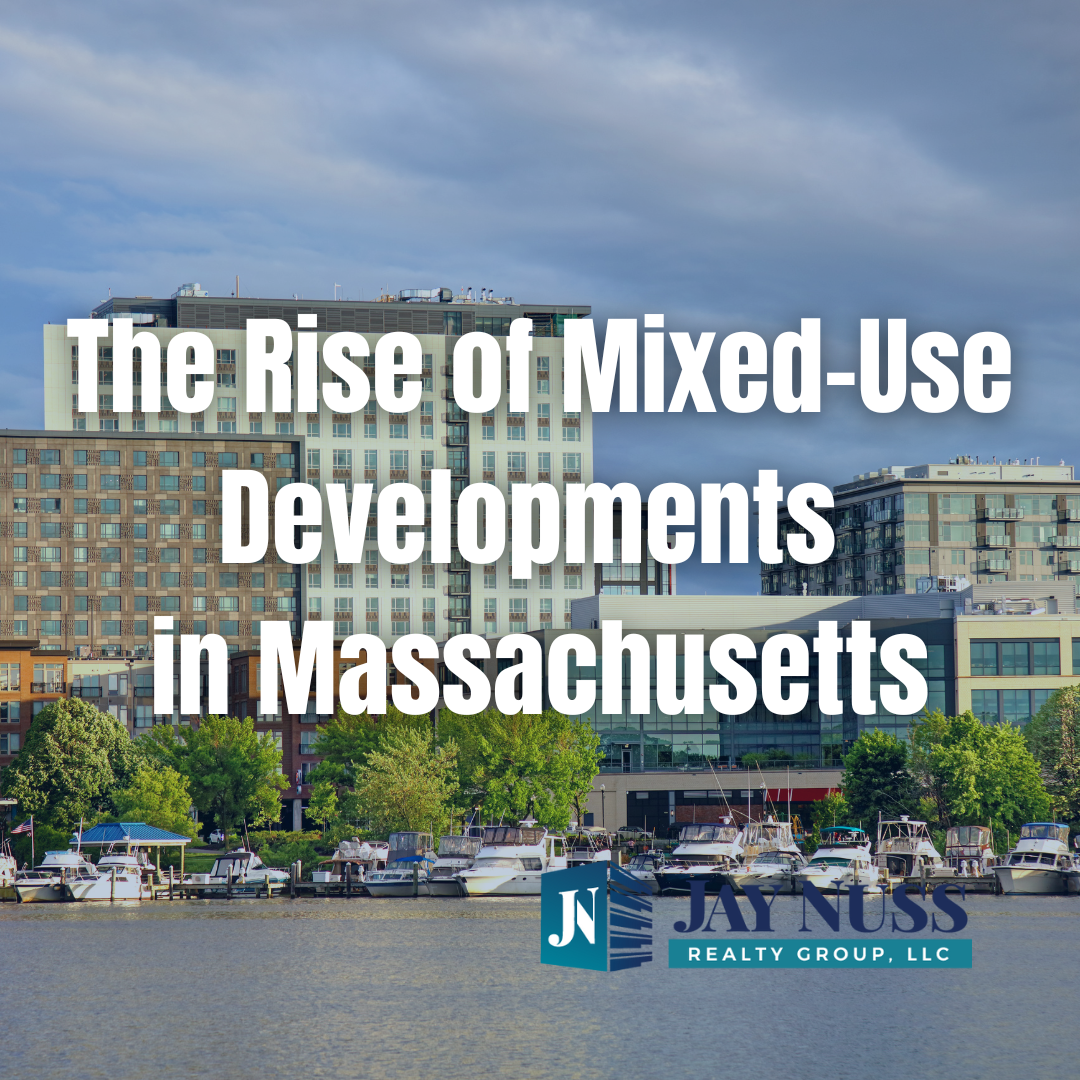In recent years, the real estate landscape in Greater Boston and Eastern Massachusetts has witnessed a significant shift towards mixed-use developments. These projects, which combine residential, commercial, and sometimes even industrial spaces within a single development, have gained popularity due to their ability to create vibrant, walkable communities that cater to the changing needs and preferences of residents and businesses alike.
The concept of mixed-use development is not new, but it has experienced a resurgence in the past decade. The benefits of this approach are numerous, including increased density, improved sustainability and enhanced community engagement. By bringing together different uses within a single development, mixed-use projects can create a sense of place and foster a strong sense of community.
One of the most successful examples of mixed-use development in the region is Assembly Row in Somerville. This 45-acre development, located on the site of a former Ford Motor Company assembly plant, features a mix of residential, retail, office and entertainment spaces. The project includes over 500,000 square feet of retail space, 1.8 million square feet of office space, and more than 1,000 residential units. Assembly Row has become a destination in its own right, as it attracts visitors from throughout the region and beyond.
Another notable mixed-use development in the area is Boston Landing in Brighton. This 15-acre project, developed by NB Development Group, features a mix of office, retail, and residential spaces, as well as a hotel and a sports complex. The development is anchored by the headquarters of New Balance and also includes the practice facility for the Boston Bruins. Boston Landing has helped to revitalize the surrounding neighborhood and has become a hub of activity for the community.
The success of these and other mixed-use developments in the region has sparked interest among developers and investors, however, there are also significant challenges that must be overcome in order to bring these projects to fruition.
One of the biggest hurdles is zoning. Many municipalities have zoning codes that segregate different uses, which makes it difficult to develop mixed-use projects. Developers must often seek zoning variances or amendments in order to move forward with their plans. This can be a time-consuming and costly process.
Another challenge is financing. Mixed-use developments can be more complex and expensive to finance than single-use projects, as they often require multiple sources of funding and may have longer timelines for completion. Developers must be creative in their approach to financing and may need to seek out non-traditional sources of capital.
Despite these challenges, the demand for mixed-use development in Greater Boston and Eastern Massachusetts shows no signs of slowing down. As the region continues to grow and evolve, mixed-use projects will play an increasingly important role in shaping the built environment and creating vibrant, sustainable communities.
One of the key drivers of this demand is the changing demographics of the region. As more young professionals and empty nesters seek out walkable, urban environments, mixed-use developments are well-positioned to meet their needs. These projects offer the convenience of having everything one needs – from housing to shopping to entertainment – all within a single, easily accessible location.
Another factor driving the demand for mixed-use development is the increasing focus on sustainability and environmental responsibility. By combining different uses within a single development, mixed-use projects can reduce the need for transportation and minimize the environmental impact of development. They can also incorporate green building practices and renewable energy sources, which further enhances their sustainability.
Mixed-use development represents a significant opportunity for Greater Boston and Eastern Massachusetts. As the region continues to grow and evolve, these projects will play an increasingly important role in creating vibrant, sustainable communities that meet the changing needs and preferences of residents and businesses alike. While there are challenges to be overcome, the benefits of mixed-use development are clear, and we can expect to see more of these projects in the years to come.
For further information on this topic, please call us at 781.848.9400.

